Fishing fleets supplying cod to major UK seafood brands have been linked to Arctic destruction by a new Greenpeace investigation.
The investigation, published today, warned industrial fishing fleets supplying cod to UK brands and retailers were using “destructive” giant bottom trawlers in “ecologically significant” areas of the Barents Sea in the Norwegian Arctic.
Researchers used satellite data and field work to track an increasing number of bottom trawlers operating in the Northern Barents around Svalbard, which is home to vulnerable marine species including polar bears, bowhead whales and Greenland sharks.
The NGO warned companies buying cod from the Barents Sea - which accounts for at least 70% of Atlantic Cod on supermarket shelves around the world - risked having their supply chain “tainted with Arctic destruction” and called on retailers and brands to stop buying from fishing fleets in the region.
“Climate change is opening up whole areas of the Arctic for the very first time. Some companies see this as a business opportunity, but we think it’s a chance to protect a fragile ecosystem before it’s too late. We cannot destroy a marine environment that we don’t even understand,” said Greenpeace campaigner Trillia Fidei.
“Some of the world’s biggest seafood brands are unwittingly buying cod from this vulnerable area. We’re asking them to get tough with their suppliers to ensure the northern part of the Barents Sea is off limits to giant bottom trawlers.”
Greenpeace also wants the Norwegian government to create a Marine Protected Area banning fishing in the area.
“Norway takes great pride in its environmental credentials, but is doing nothing to stop an ecological crime unfolding on its own doorstep,” said Fidei.
The campaign has been backed by marine conservation biologist Professor Callum Roberts, who warned bottom trawling was “one of the most destructive” methods of fishing.
“Areas of the Arctic protected by sea ice represent one of the last pristine refuges from trawling and need urgent protection to prevent them from suffering the same fate,” he said.
However, the Norwegian Seafood Council dismissed fears over cod from the Barents Sea, insisting sustainability was a “top priority” for Norwegian fisheries, which it trusted to “keep their good track record “in terms of habitat production as new potential fishing grounds become available.
The area Greenpeace wants closed to fishing activity includes traditional Norwegian fishing waters that have been fished by shrimp trawlers “for decades”, it added.
“We believe that the Greenpeace proposal to close these areas is not evidence-based,” said Jan Ivar Maråk, resources director of the Norwegian Fishing Vessel Owners Association, Fiskebåt.
The Institute of Marine Research (IMR), which provides guidance to the Norwegian government on fisheries issues, also rejected Greenpeace’s findings.
Harald Gjøsæter, acting head of the Barents Sea Research and Advice program at IMR, said the management of fisheries in Norwegian waters was based on “sound scientific knowledge” and guaranteed the “sustainable use of marine resources in the Barents Sea.”
Sign in to comment on this article
Not logged in before? Register for FREE guest access today.
You will be able to:
- Read more stories
- Receive daily newsletters
- Comment on stories
Advert








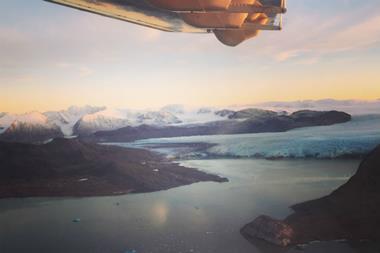
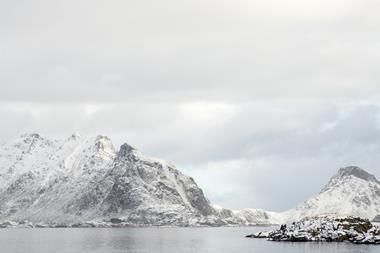
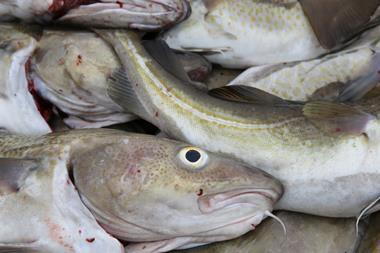
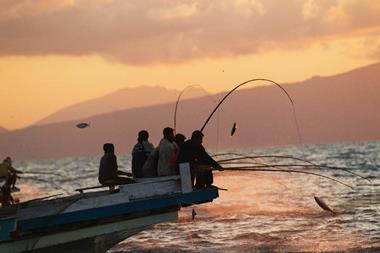
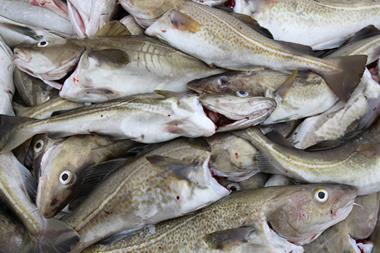
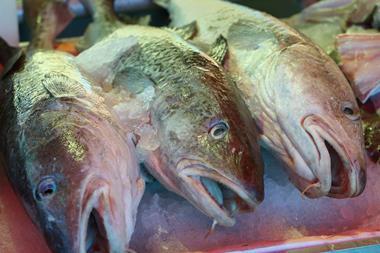






No comments yet